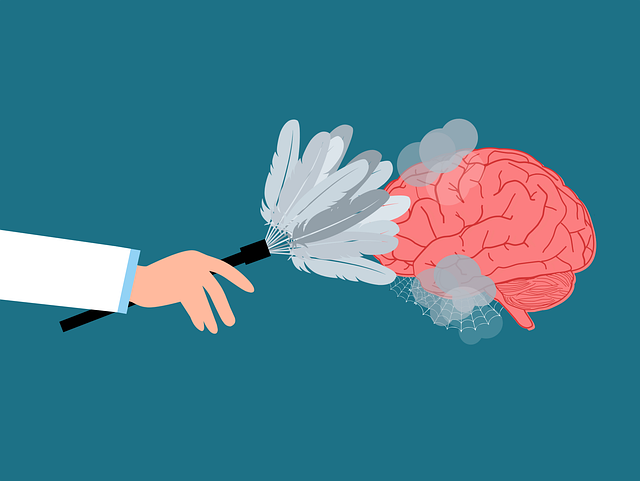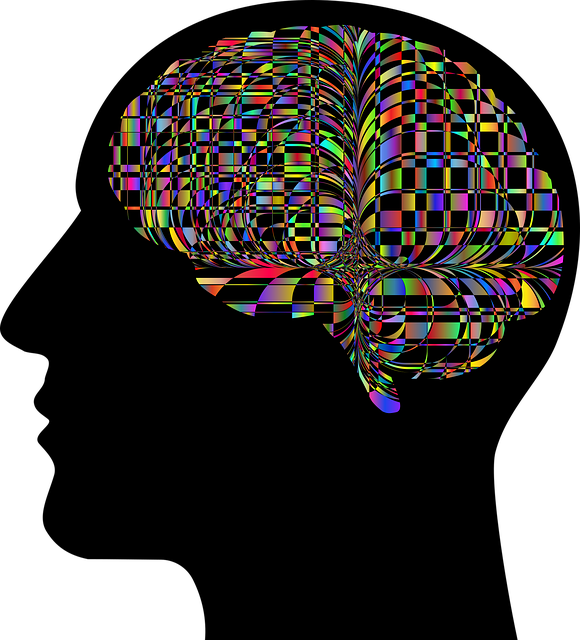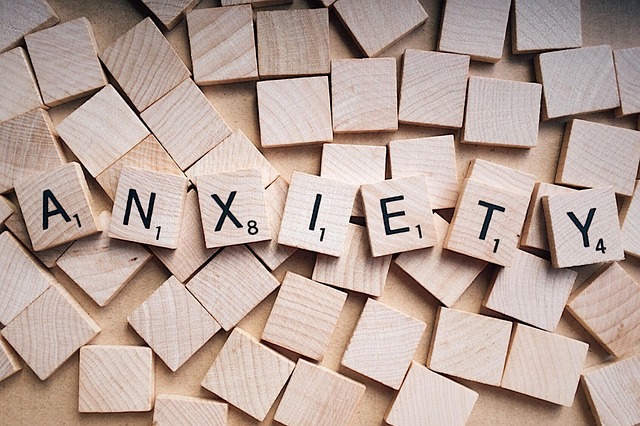Mental wellness involves managing emotions, thoughts, and behaviors through self-care practices like mindfulness, exercise, and sleep. It's crucial to address unique challenges, such as therapy for sexual dysfunction, to improve mind-body connection and relationships. Personalized self-care routines, incorporating cultural sensitivity and tracking progress, enhance mental health by nurturing both mind and body. Regularly evaluating and adjusting these routines ensures they remain effective in managing stress and cultivating holistic well-being.
Mental wellness is paramount in today’s fast-paced world. Developing a personalized self-care routine can be transformative, enhancing overall well-being. This article guides you through creating a robust mental wellness routine by understanding its foundation, identifying personal needs, and incorporating effective practices. We delve into the significance of therapy for sexual dysfunction as a crucial aspect of holistic health, offering strategies to integrate it seamlessly. Additionally, we explore tracking progress and adjusting your routine for continuous improvement.
- Understanding Mental Wellness and Self-Care
- Identifying Personal Needs for a Routine
- Incorporating Therapy for Sexual Dysfunction
- Designing Daily Practices for Well-Being
- Tracking Progress and Adjusting Your Routine
Understanding Mental Wellness and Self-Care

Understanding Mental Wellness and Self-Care is a crucial step in fostering a healthy mind and overall well-being. It involves recognizing the intricate interplay between emotions, thoughts, and behaviors, and how they impact our daily lives. Mental wellness refers to emotional, psychological, and social well-being—it’s about feeling balanced, capable of managing stress, and able to contribute meaningfully to society.
Self-care, an integral part of mental wellness, involves deliberate actions taken to preserve or improve one’s mental health. It is not a luxury but a necessity, especially in today’s fast-paced world. By incorporating self-care practices like mindfulness meditation, regular exercise, and adequate sleep, individuals can effectively manage their mood and enhance their resilience. Additionally, seeking professional support for issues such as therapy for sexual dysfunction or other mental health concerns is a proactive step towards maintaining balance and promoting healthy relationships with oneself and others.
Identifying Personal Needs for a Routine

Developing a mental wellness self-care routine starts with a deep understanding of your personal needs and preferences. This involves identifying unique factors that contribute to your overall well-being, including any specific challenges or concerns like therapy for sexual dysfunction. Every individual’s journey is different, making it crucial to assess your emotional, physical, and psychological requirements. By recognizing these needs, you can tailor a routine that addresses them effectively.
One way to begin this process is by reflecting on your current lifestyle and identifying areas of stress or burnout. Consider factors such as work-life balance, social connections, leisure activities, and any cultural influences or healthcare provider recommendations. Engaging in self-awareness practices, like journaling or meditation, can help uncover personal triggers and promote a sense of calm. Additionally, attending stress management workshops or participating in healthcare provider cultural competency training can offer valuable insights into managing various aspects of mental wellness, including burnout prevention.
Incorporating Therapy for Sexual Dysfunction

Incorporating therapy for sexual dysfunction into your mental wellness self-care routine can significantly enhance overall well-being. This aspect of mental health is often overlooked, yet it plays a crucial role in maintaining a healthy mind and body connection. Sexual issues can stem from various factors, including stress, relationship problems, or underlying mental health conditions. Professional therapy offers a safe space to explore these concerns, providing individuals with the tools to understand and manage their sexual health effectively.
Mental health education programs design tailored interventions that address sexual dysfunction by combining psychotherapy, counseling, and sometimes medication. These comprehensive approaches help individuals improve their intimate relationships, boost self-esteem, and reduce anxiety or depression related to sexual activities. By integrating therapy for sexual dysfunction into self-care practices, individuals can experience a more balanced and fulfilling life, promoting better stress management and overall mental health policy analysis and advocacy for inclusive sexual well-being.
Designing Daily Practices for Well-Being

In designing a daily self-care routine for mental wellness, it’s crucial to incorporate practices that nurture both mind and body. This might include activities such as mindful meditation, regular exercise, or creative outlets like journaling. These self-care practices not only help in managing stress but also enhance overall well-being. Incorporating therapy for sexual dysfunction, specifically tailored to individual needs, can be a game-changer for those facing intimacy issues—an aspect often overlooked in conventional mental health care.
Cultural sensitivity plays a significant role in mental healthcare practice. By incorporating self-care routines that resonate with personal cultural backgrounds, individuals can foster a deeper connection with their well-being journey. This might involve traditional practices like yoga or meditation specific to certain cultures, ensuring the routine feels authentic and supportive. Such personalized approaches contribute to the development of an effective self-care routine development strategy for better mental health.
Tracking Progress and Adjusting Your Routine

Tracking your progress is a vital part of developing an effective self-care routine. By regularly assessing your mental wellness, you can identify what’s working and what needs adjustment. This may involve setting specific, measurable goals related to your well-being, such as reducing stress levels or improving sleep quality. For instance, if you’ve incorporated mindfulness practices into your routine and noticed a positive impact on your ability to manage anxiety, this is a clear indicator that these techniques are beneficial for you.
As you progress, be open to refining your self-care plan. Life circumstances change, and so do our needs. What worked in January might not be as effective by June. Regularly reviewing and adjusting your routine ensures it remains tailored to your current situation. For example, if you’re experiencing a surge in stress due to work or personal commitments, you may need to reallocate time for relaxation techniques or seek additional support, such as therapy for sexual dysfunction or crisis intervention guidance, to address emerging challenges.
Developing a personalized mental wellness self-care routine is a powerful tool for enhancing overall well-being. By understanding the importance of mental health and identifying your unique needs, you can create a supportive practice that incorporates daily practices, therapy for sexual dysfunction, and progress tracking. Remember, consistency and adjustment are key; regularly evaluate your routine to ensure it meets your evolving needs, fostering a healthy and fulfilling life.












